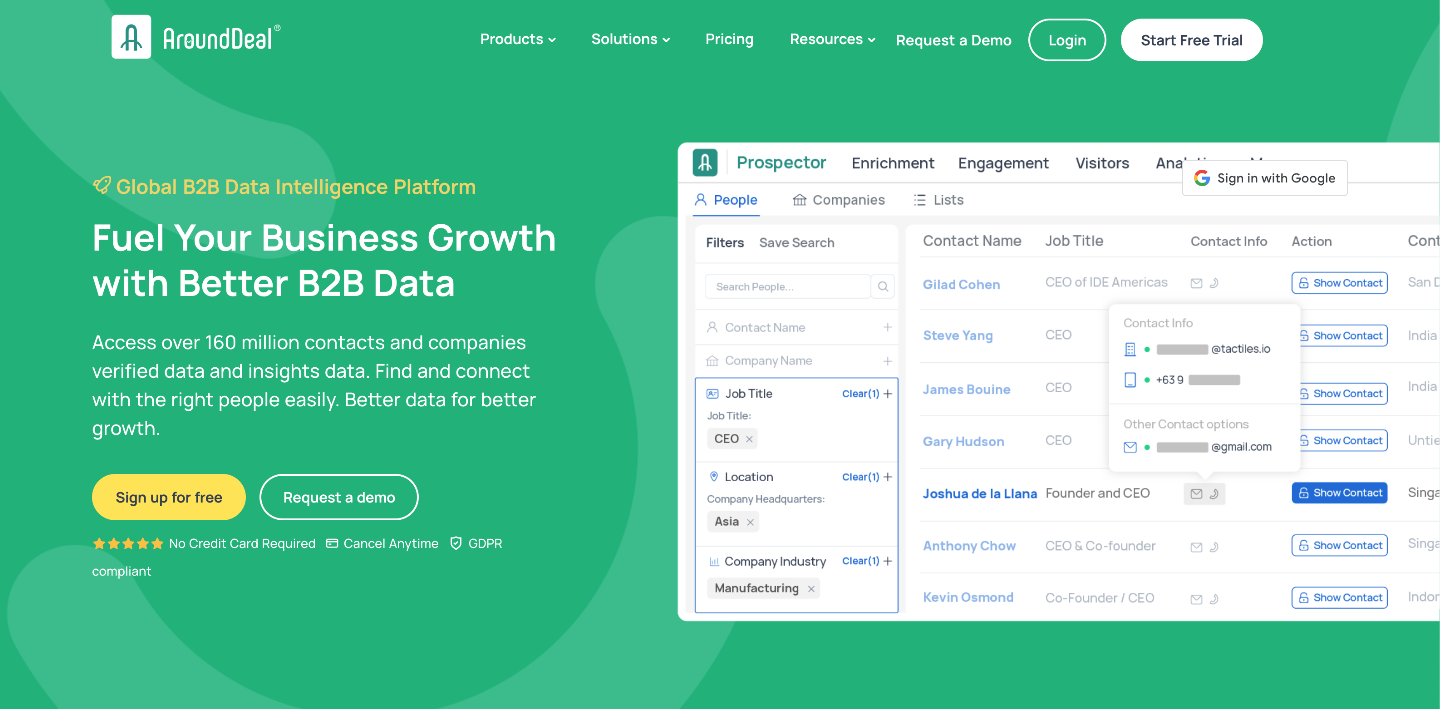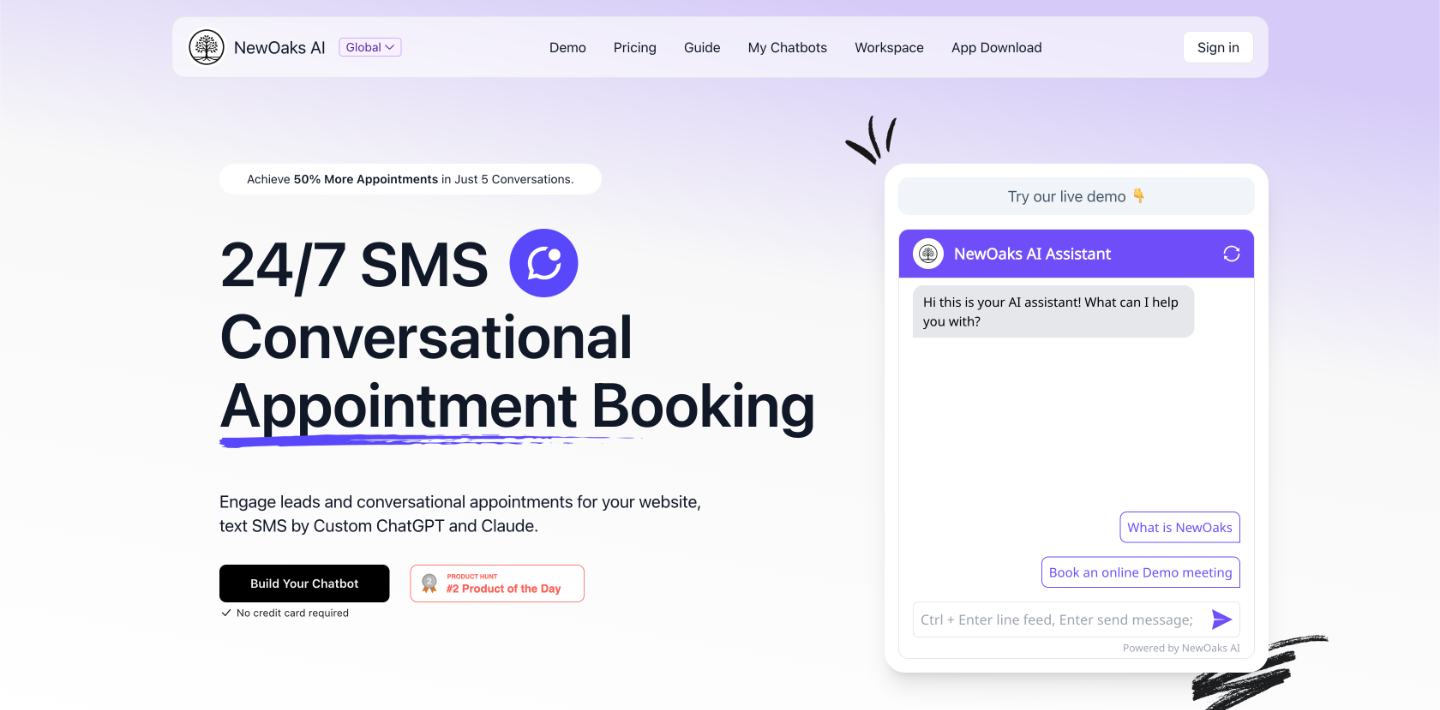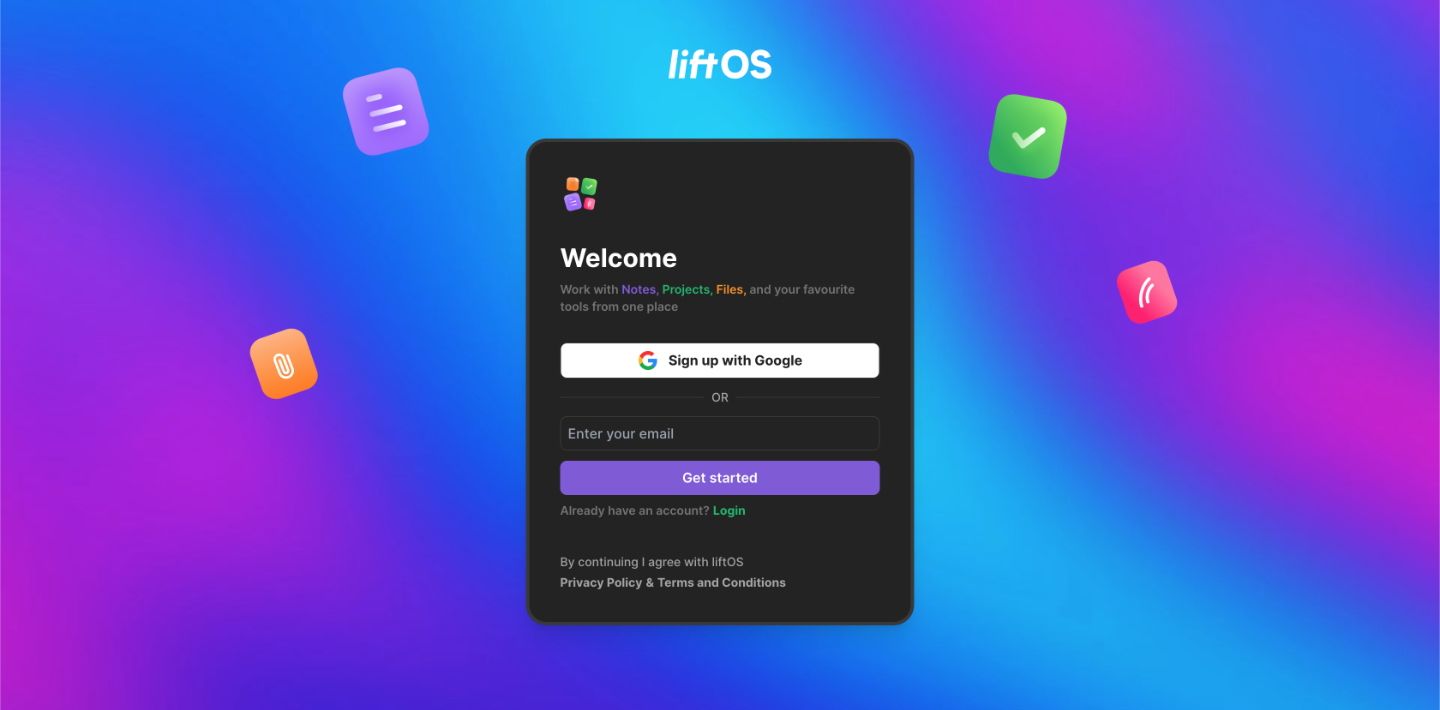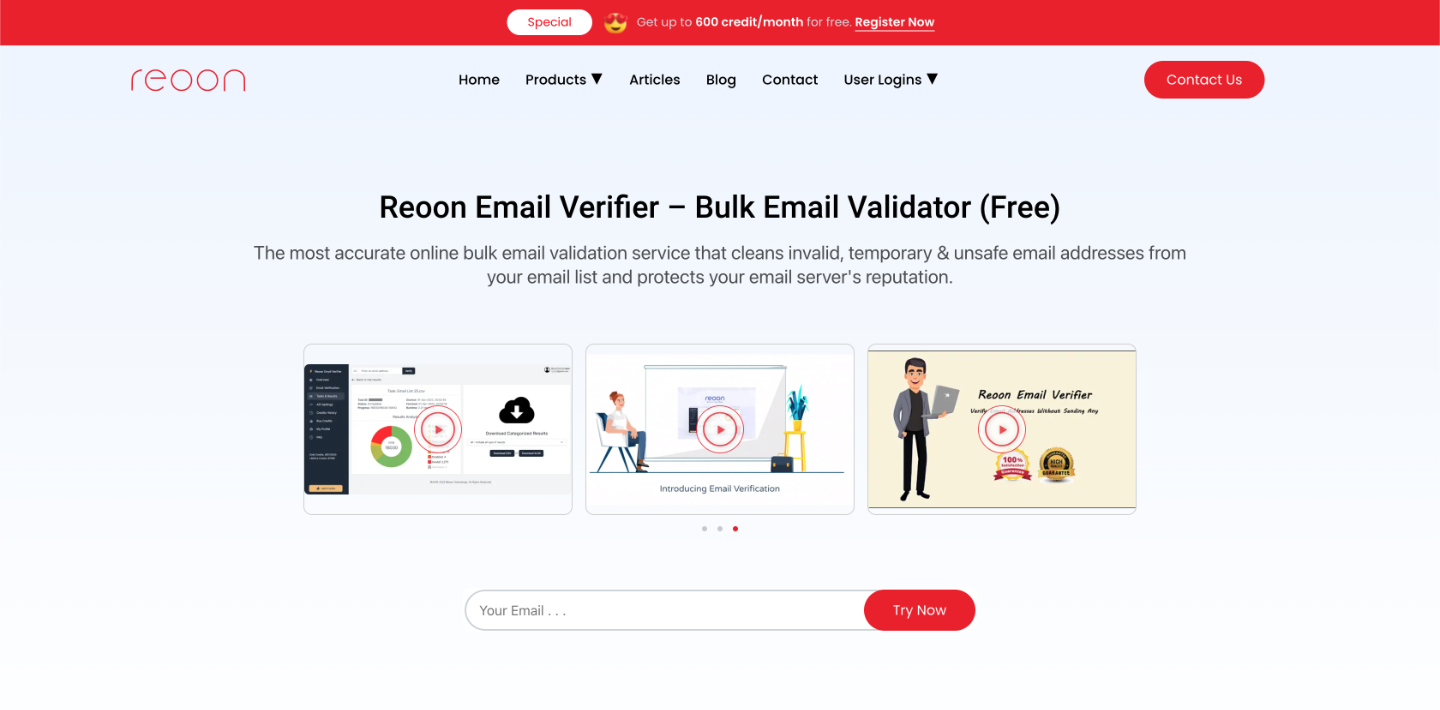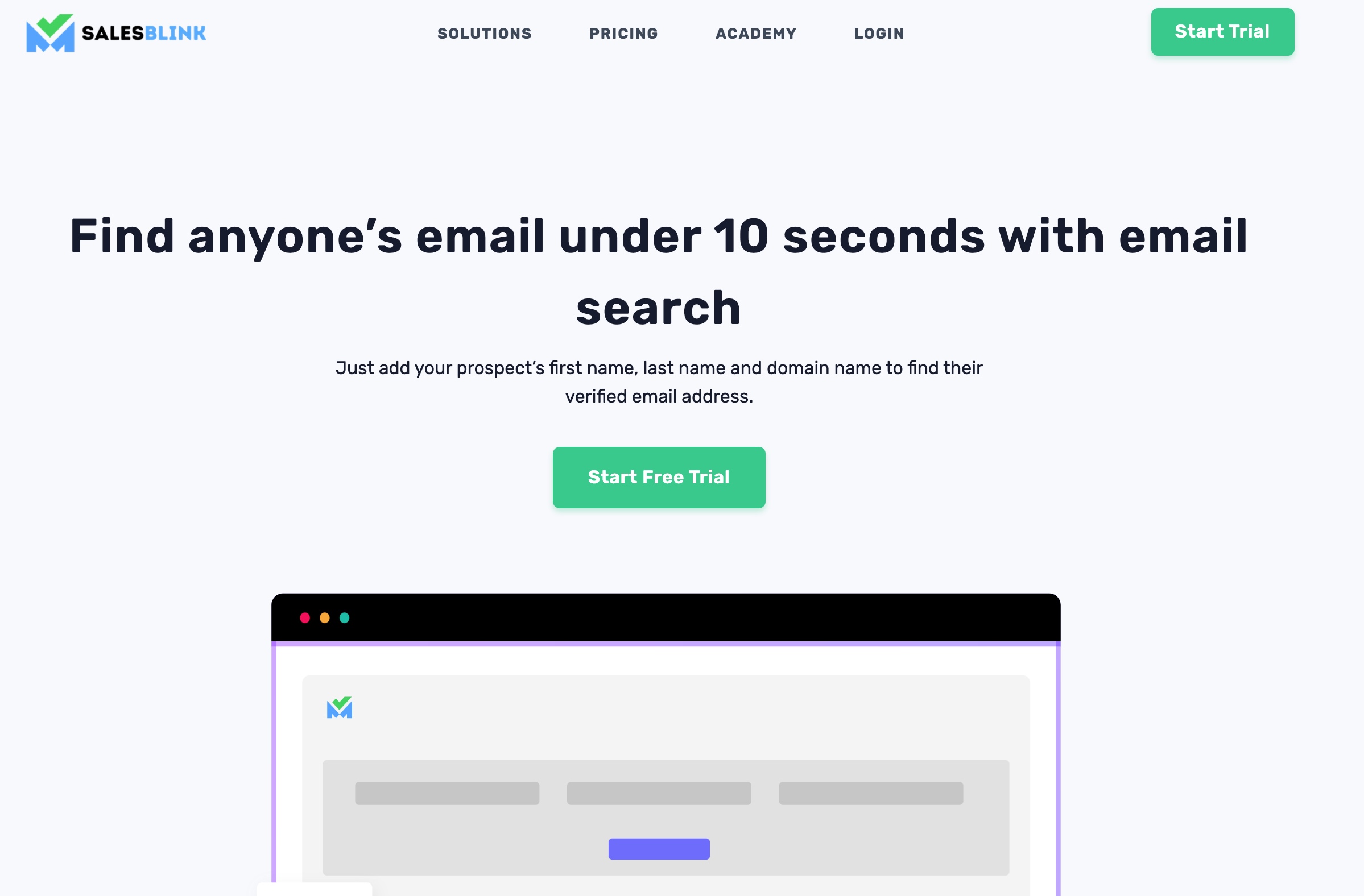Making well-informed decisions is crucial in the world of business. It may be quite challenging to choose the best Internet hosting options. Simple mistakes may lead to magnified problems that may arise later. Choosing between a virtual private server (VPS) or a dedicated server may be difficult if you have little knowledge of the two. You may also not be sure whether you are willing to share or host on your machine. Before choosing either the VPS or dedicated servers, understand the difference between them and what they entail. The decision you make will determine the success or failure of your business.
Dedicated server
A dedicated is simply what its names suggest. The whole physical server is dedicated to serving only one individual. It is, therefore, yours to use without sharing. Depending on who you want to manage the server, for instance, the hosting company or yourself much can be done with the server. The following are some of the things you can do:
1) Managing the actual hardware.
2) Maintaining control over storage.
3) Managing and monitoring the server.
Virtual Private Server (VPS)
A VPS is the server software that shares storage and hardware as it runs in a virtualized environment. This means that your space will occupy a machine on hardware that is hosting other sites. Most virtual servers are run on one single physical server. It is important to note that they share their:
1) Memory
2) Processors
3) Bandwidth
4) Storage
It ‘s hard to get evidence that the sharing exists. This is because hosting providers separate your virtual server from others that you share a common physical server with.
Differences between dedicated servers and VPS
Now that you understand how virtual private servers and dedicated servers work, let us look deep unto the differences between the hosting options.
Price
The most distinguishable difference between a VPS and a dedicated server is the price. For instance, the most costly Linux-based VPS may be cheaper monthly than the less costly dedicated Linux server. The charges apply even when configurations are identical. Before you choose the server you want to make sure you understand the differences in price.
Configuration
Before deciding between a VPS and a dedicated server, consider configuration. Hosting providers, provide the ability for greater horsepower in dedicated servers that than of a virtual server. For example, Go Daddy has its largest VPS with a memory of 8GB available. It is worth noting that its largest dedicated server has 32 GB of memory.
If your business needs memory-intensive server applications, more memory is required. Such applications include those that convert videos or graphics in real time, run Big Data analytics or those that handle most encrypted sessions with users. This is where you could go wrong in choosing a hosting choice.
Physical storage and Network bandwidth
It is important to think through physical storage and network bandwidth differences. A VPS shares network bandwidth and storage space with other virtual servers on the same piece of hardware. This is not the case with dedicated servers. As a matter of fact, they have full ownership of their bandwidth.
Both dedicated servers and VPS offer high performance. However, dedicated servers may be more predictable. The reason behind that is memory, processing power, storage and bandwidth that work on your tasks. On a VPS, you will have the performance you need, but the available resources depend on resource utilization of other virtual machines on the physical server.
Flexibility
When it comes to flexibility, you may trade off what you gain in performance on a dedicated server. This also applies to an increase in bandwidth. This is the situation that VPS rules. The best thing with VPS is that it is easy to make necessary changes to the physical configuration.
By contrast, making the same changes to a dedicated server requires manual assistance. It may also require migration to another server. That is the most difficult task, which may also be more expensive.
Managed hosting services
Different companies have different capabilities that matter a lot. It is important to note that the capabilities of a company are important when it comes to migration between the various servers. Most mid-sized and small businesses benefit from services that are managed by the hosting provider. If you are willing to manage your servers, migrate your data and applications, test the new set up and manage all the different aspects of the experience.
Match your business needs to your hosting service solutions
In this case, consider a dedicated server if there are significant major applications or if you predict significant traffic in your future. For example, if you want to come up with an e-commerce site and your prediction is that you will encounter a lot of traffic in future, there are things you should handle. You may need advanced security or power as well as more practical management capabilities of a dedicated server hosting.
On the other hand, you may consider hosting on a VPS if your plan entails less heavy lifting. Think multiple WordPress blogs, email servers for small businesses, or significant image or document storage. For all these, VPS may be a good option for your budget and workload.
You may also start small by having your company’s website put on a smaller VPS. Putting your business in a small VPS helps you monitor changes in traffic within a year, six months or in a month. The VPS may match your needs perfectly. At a certain point, you will need to migrate and configure a new server so as to migrate from a VPS to a dedicated server. The key to a successful migration is being a partner with a hosting company offering both virtual private servers and dedicated servers.
Hosting on a VPS can be quite challenging, and you may find yourself making uninformed decisions about moving from one server to the other. If you want to choose a hosting provider, ensure you know how you will recover your entire database and contents and whether you can move all information to a new environment. It is important to start your migration process in the mind before beginning your initial setup.



